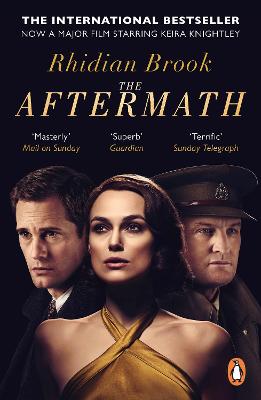Reviewed by Beth C. on
The idea of this was interesting to me, particularly as I find WWII history fascinating. The choices (and lack of them) that were made by people throughout the war, as well as before and after, are lessons for all future generations. Knowing this was loosely based on a true story sort of clinched it for me. However, I wouldn't say I was blown away by the story itself.
The story starts out slow and bumps back and forth between various viewpoints, including some that (initially) seem to have nothing to do with much of anything. It wasn't until I had read about 1/3 of the book before it started to pick up a bit. As for Rachael, the aforementioned wife, I never really felt much sympathy for her. She seemed like a wooden character in many ways. Her husband seemed a bit more realistically drawn, but I had a hard time imagining that this woman, who had already lost one child, would be so...vacant...with the other. Particularly in a former war zone.
However, parts of the book were an interesting look in the mindset of those who could have been involved in the restoration. The idea that all Germans were evil, that those responsible to help rebuild were among the worst of the looters...it just shows that the whole throwing rocks in glass houses thing works at all levels.
I probably wouldn't buy this book and it's definitely not one I would re-read. It might make an interesting book group novel, but in general - I would just get this one from the library.
Reading updates
- Started reading
- 7 February, 2014: Finished reading
- 7 February, 2014: Reviewed
